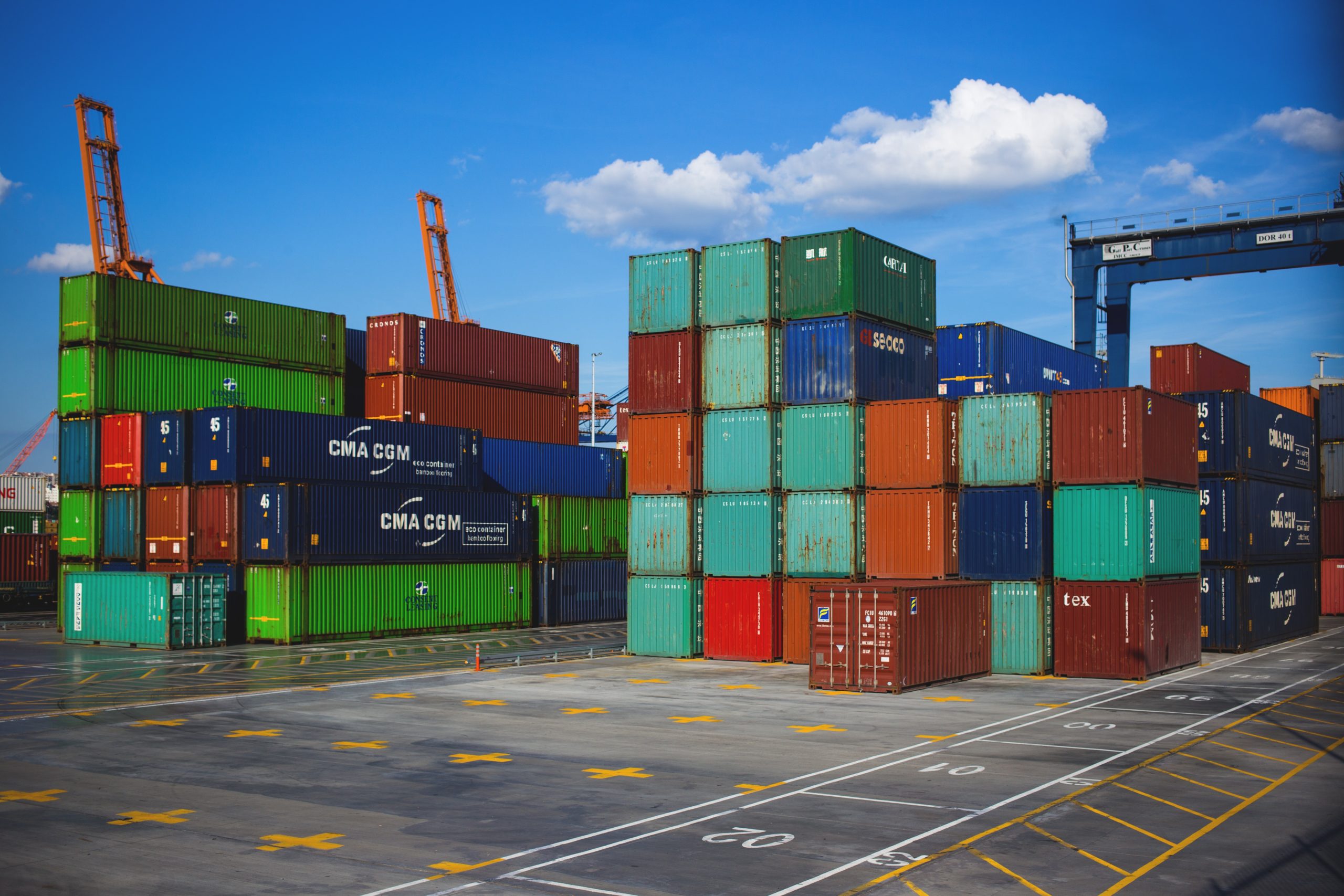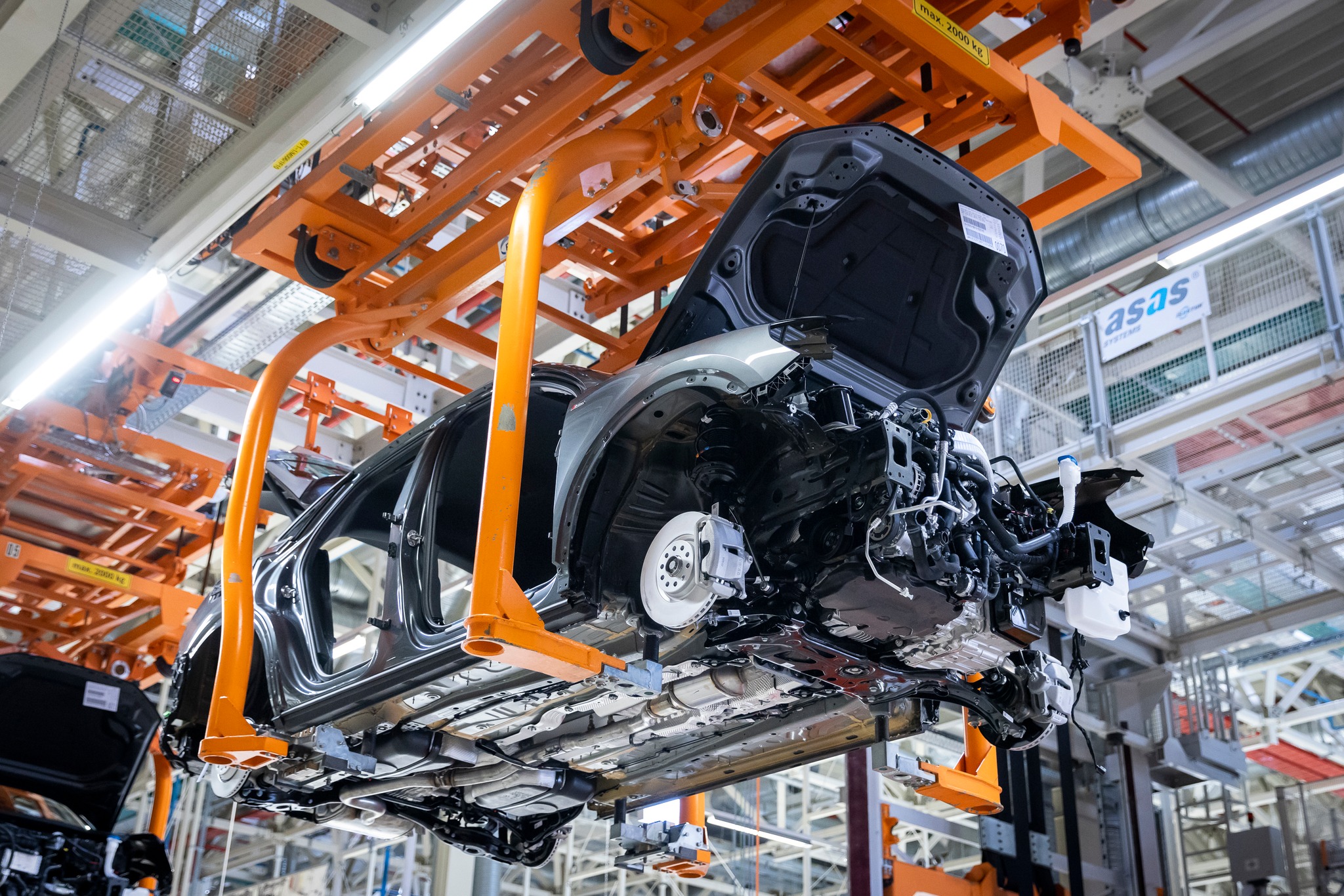
The forint strengthened by 3.1% against the euro and by 5.7% against the dollar.Continue reading

Hungary’s external trade balance continues to improve, with the value of exports in euro terms 1.5 percent lower in August and imports 19 percent lower year-on-year, based on data released by the Hungarian Central Statistical Office. This means that the balance of trade in goods improved by EUR 2.3 billion, reports Világgazdaság.
Exactly one year ago, in August of last year, gas prices exploded, badly distorting the trade balance, and in 2022, there were three months in total when the deficit was above EUR 1 billion. Since the beginning of this year, the normalization of energy prices, the adjustment of the economy, and in no small part, the fall in consumption, have been the reasons for the steady improvement in the balance.
The recovery of the balance is particularly good news for the Hungarian currency, the forint, which was dragged down by the huge trade deficit last year.
Detailed data will not be released by the Hungarian Central Statistical Office until later, but it is likely that the export volume of the road vehicle group could remain dynamic, with industrial production data suggesting that this segment of the economy is the least exposed to the challenges of high inflation. It is also likely that net exports could be one of the main drivers of GDP growth this year.

The automotive industry is a major contributor to the success of the Hungarian economy. Photo via Facebook/Audi Hungaria Győr
The statistics office also said that exports were worth EUR 11.3 billion, while imports amounted to EUR 10.6 billion.
The trade surplus in goods was EUR 708 million. 77 percent of exports and 70 percent of imports were with EU Member States.
News portal Index writes that in terms of investment, the Hungarian National Bank expects a decline of 6.6 percent instead of 3.7 percent due to continued high interest rates, the prolongation of the EU agreement, and the further closure of fiscal investment.
Investment is mainly driven by new working capital investment, but manufacturing improvements are performing well too.
The current account deficit will be 0.4 percent of the GDP, but it is possible that the balance could turn positive after the previous deficit of six percent. Senior analyst Gergely Suppan noted that current account developments are closely correlated with interest rates, so positive trends next year could provide strong support for a decline in interest rates.
The turnaround in growth could be driven by an expansion in industrial production, underpinned by the build-up of new export capacity and the breathing space for energy-intensive industries as a result of cheaper energy prices.
Via Világgazdaság, Featured image via Pixabay